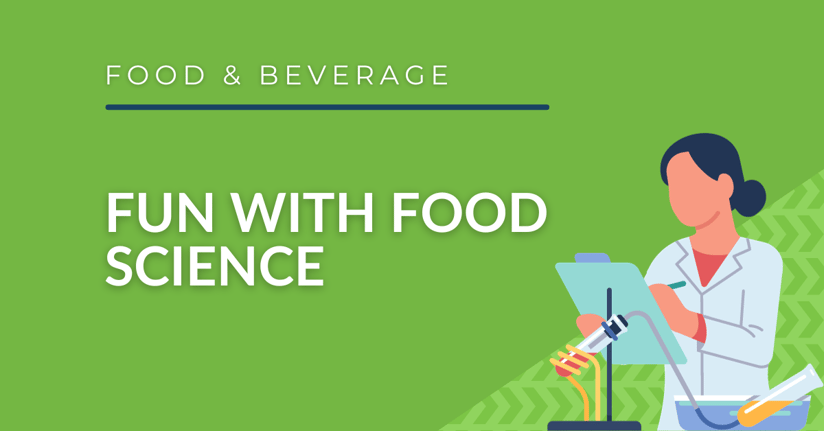Last week, I attended the NCIFT (Northern California Section of the Institute of Food Technologists) food show in Pleasanton, CA. As an IFT member, RKL supports regional events across the continental US, and many of our Food & Beverage customers that use Sage to operate their businesses are also exhibitors and participants. So, the networking and expertise that we acquire at these shows is invaluable to our F&B solutions groups by sharing best-practices across our team, communications, and clients. During this particular pre-event Symposium, though, I was fascinated by the food science panel presentation and the recurring theme; SUSTAINABILITY.
**Disclaimer: I am not a food scientist and, therefore, easily impressed by advancements in modern food academia.**
The importance of sustainability is a hot topic regardless of industry and I was blown away with how destructive some current manufacturing processes have become on the ecosystems around us, even those that are positioned as organic and environmental-friendly. Before this session, I had no idea that current honey bee harvesting was devastating bee populations around the world (MeliBio). Or, that vegetable oils sourcing causes harmful emissions and its consumption directly correlates to chronic disease rates that contribute to decreasing lifespans (Zero Acre Farms).
The technology behind how companies and universities are attacking sustainability in food mesmerized me. From examples of precision fermentation for milk proteins not from cows (Perfect Day Foods) to cultured oils (Zero Acre Farms) and plant-based chicken meat that solves the look, texture, and yumminess of its counterparts (Sundial Foods), each product introduces new innovation that is revolutionizing how future generations will supply and consume food.
But, the new technologies and products are not without their challenges:
- The cost to produce and sell poses early constraints to scale. Some of the recent food product innovations are 3-5 times more expensive for consumers to purchase.
- The health benefits have not been clearly defined and/or approved by experts and federal agencies which limits product labeling and positioning that could help differentiate.
- Brand awareness i.e. David versus Goliath. These new products are struggling to establish market presence valued upwards of multi-billions of dollars and dominated by large corporations.
Overall, I was encouraged by the ambitious efforts of universities, food scientists, and entrepreneurs eager to make a difference. Despite the different products, each company was galvanized by a common vision; to provide enough available food to eat through sustainable, high quality, nutritious foods.
Sustainability is a crucial issue across industries, including food manufacturing, which is causing harm to the environment despite being marketed as organic and eco-friendly.
Fun Foodie Facts

-
1/3 of every bite of food we eat relies on pollinators! (MeliBio)
-
20% of the food we consume contains vegetable oils! (Zero Acre Farms)
-
Precision fermentation milk protein produces 97% less carbon emissions than traditional milk production. (Perfect Day Foods)
-
There are over 20,000 KNOWN edible species of plants! (Sundial Foods)
Have a story about how your company is addressing sustainability through food science? Share it with us on our LinkedIn, Twitter, or Facebook pages or in the comments below so we can spread awareness and amplify your marketing efforts.




